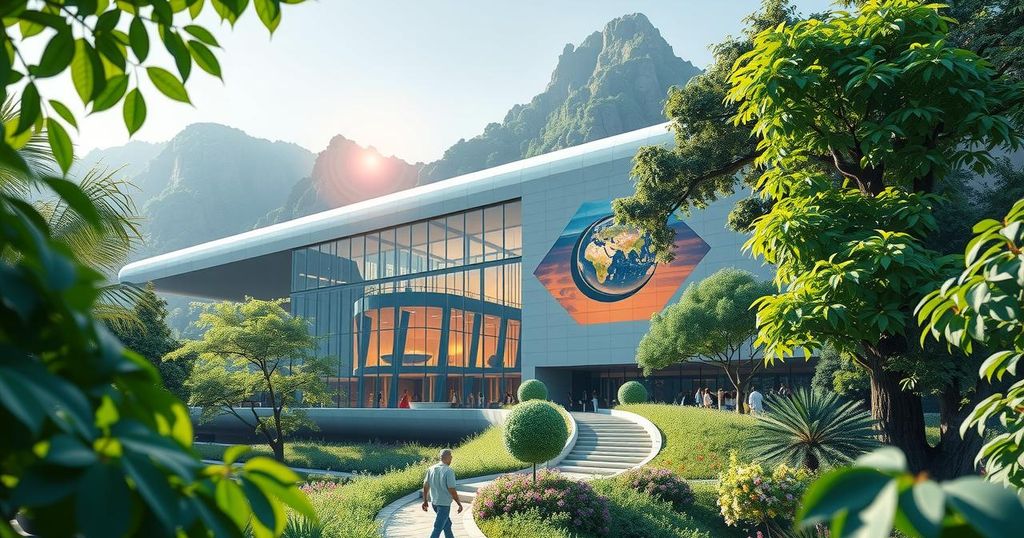South Africa will host the Science20 meeting from February 24-27, 2025, marking the first time an African nation has done so. The event focuses on urgent global challenges, particularly climate change, and aims to provide policy recommendations for G20 leaders. Key figures from ASSAf stress the importance of these recommendations being understood and actionable by policymakers.
South Africa has made history by becoming the first African nation to host the Science20 (S20) meeting, a prominent assembly of national science academies from G20 countries. This year’s event will take place from February 24 to 27, 2025, and centers around pressing global challenges, particularly highlighting Africa’s vulnerabilities. Leaders from the Academy of Science of South Africa (ASSAf) underscored the urgent need to tackle climate change through science-oriented policy recommendations aimed at G20 discussions.
During the meeting, ASSAf President Thokozani Majozi emphasized that the S20 discussions must ultimately resonate with policymakers. “If the S20 does not succeed in articulating its position in a way that policymakers can understand and adopt, then, in my opinion, it would have failed,” he stated in an interview with Nature Africa. Majozi also addressed the uncertainties wrought by sudden policy shifts, such as the United States and United Kingdom’s reconsideration of foreign aid appropriations in favor of defense spending.
Francois Engelbrecht, the director of the Global Change Institute at the University of the Witwatersrand and a member of the Intergovernmental Panel on Climate Change, discussed the necessity for climate mitigation policies to reflect the various climate risks facing G20 nations. He remarked, “The science of future climate change is strongly rooted in the laws of physics,” asserting confidence in climate models designed to predict future risks.
Himla Soodyall, the executive officer of ASSAf, advocated for a holistic approach to global challenges, urging integration across sectors like health, energy, water, and poverty. “Instead of looking at health, energy, water, and poverty in silos, we must integrate them within the framework of a poly-crisis,” she explained. This approach aims to effectively merge identified problems with feasible mitigation strategies.
Reflecting on previous S20 meetings in Brazil and India, Soodyall expressed concern regarding the insufficient follow-up on past policy recommendations. To mitigate this issue, she has integrated prior recommendations into ASSAf’s operational performance plans, aiming for this year’s outcomes to foster substantial bilateral and regional collaborations. “We need to ensure our work doesn’t happen in isolation and that we ensure that S20 recommendations are effectively conveyed to G20 leaders,” she concluded.
In summary, South Africa’s hosting of the Science20 meeting marks a significant milestone for African representation in global scientific discussions. With a focus on critical issues such as climate change and adaptable policy solutions, the meeting aims to produce actionable recommendations for G20 leaders. The integration of past recommendations into current planning seeks to ensure that collaborative efforts yield tangible results going forward.
Original Source: www.nature.com




